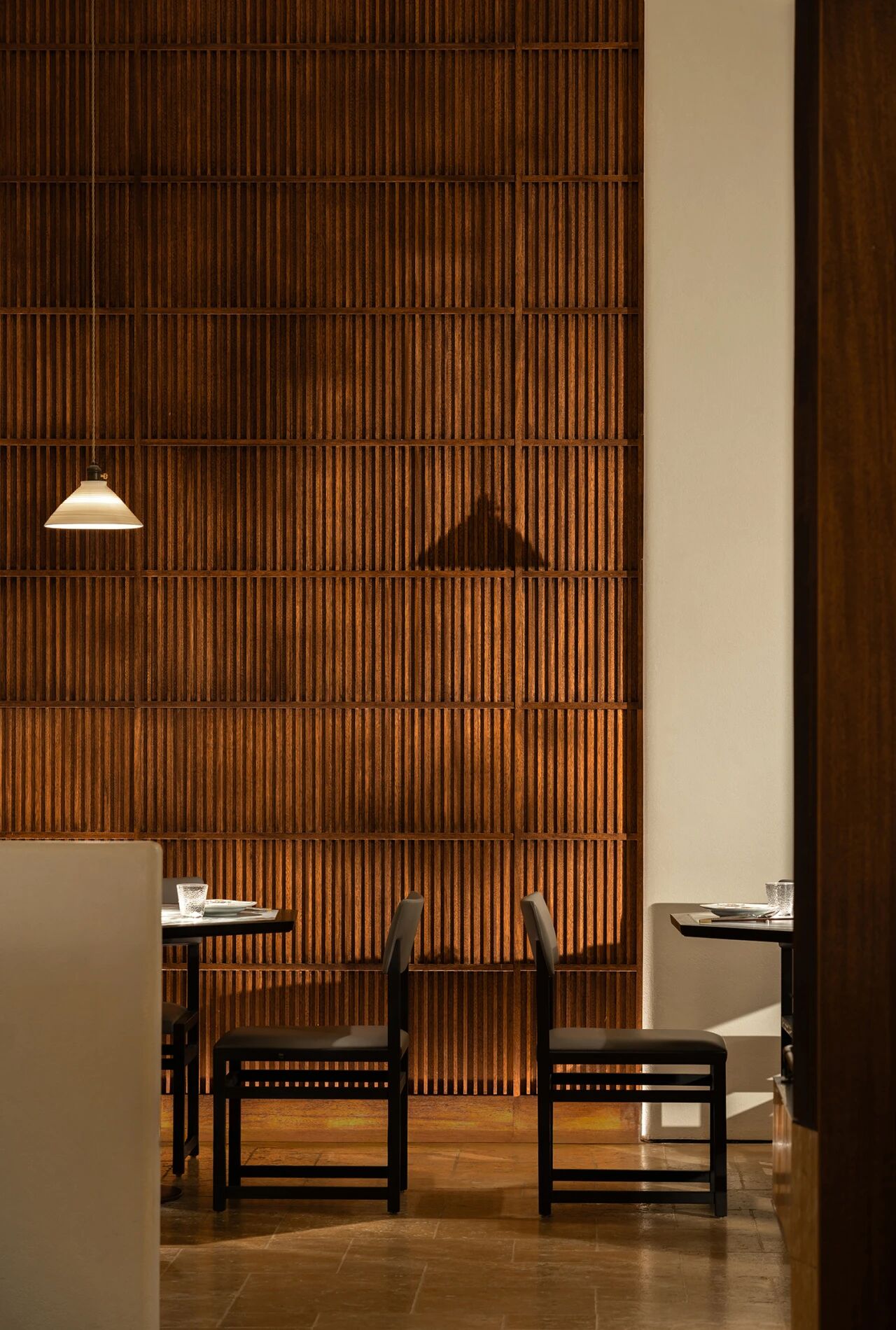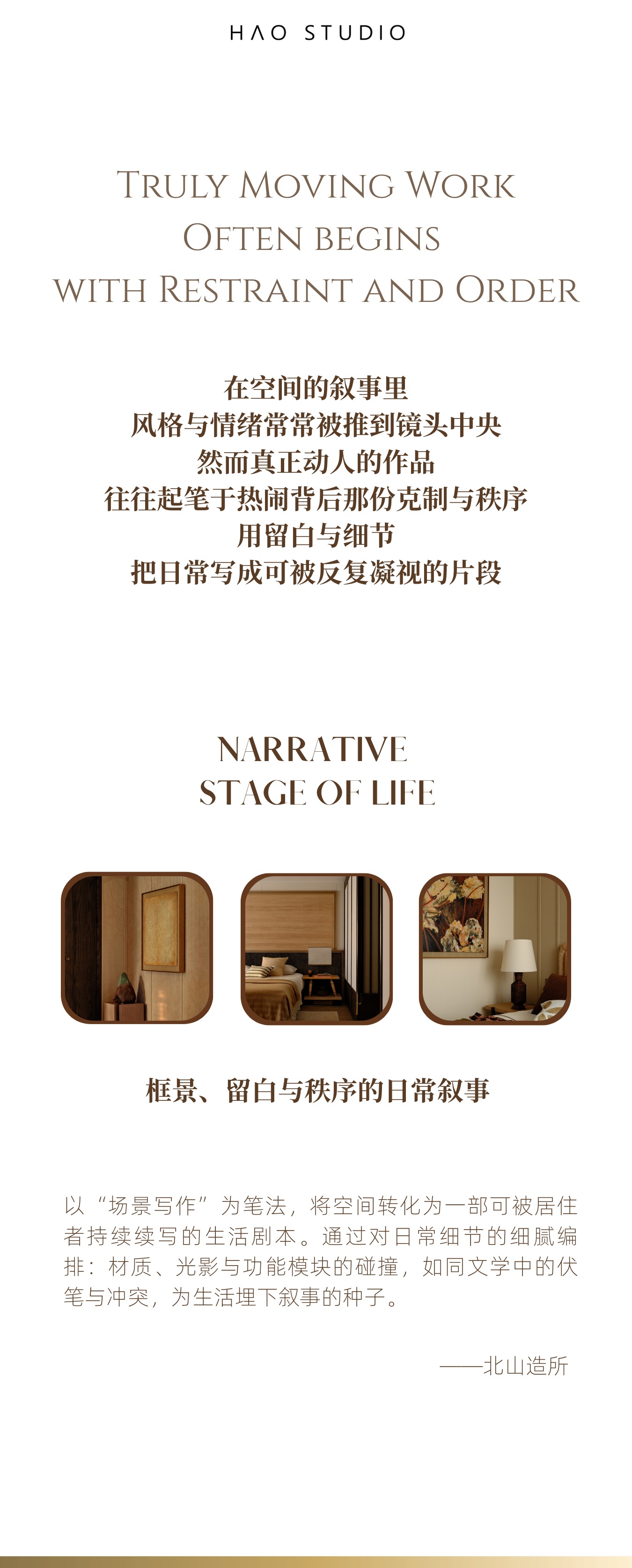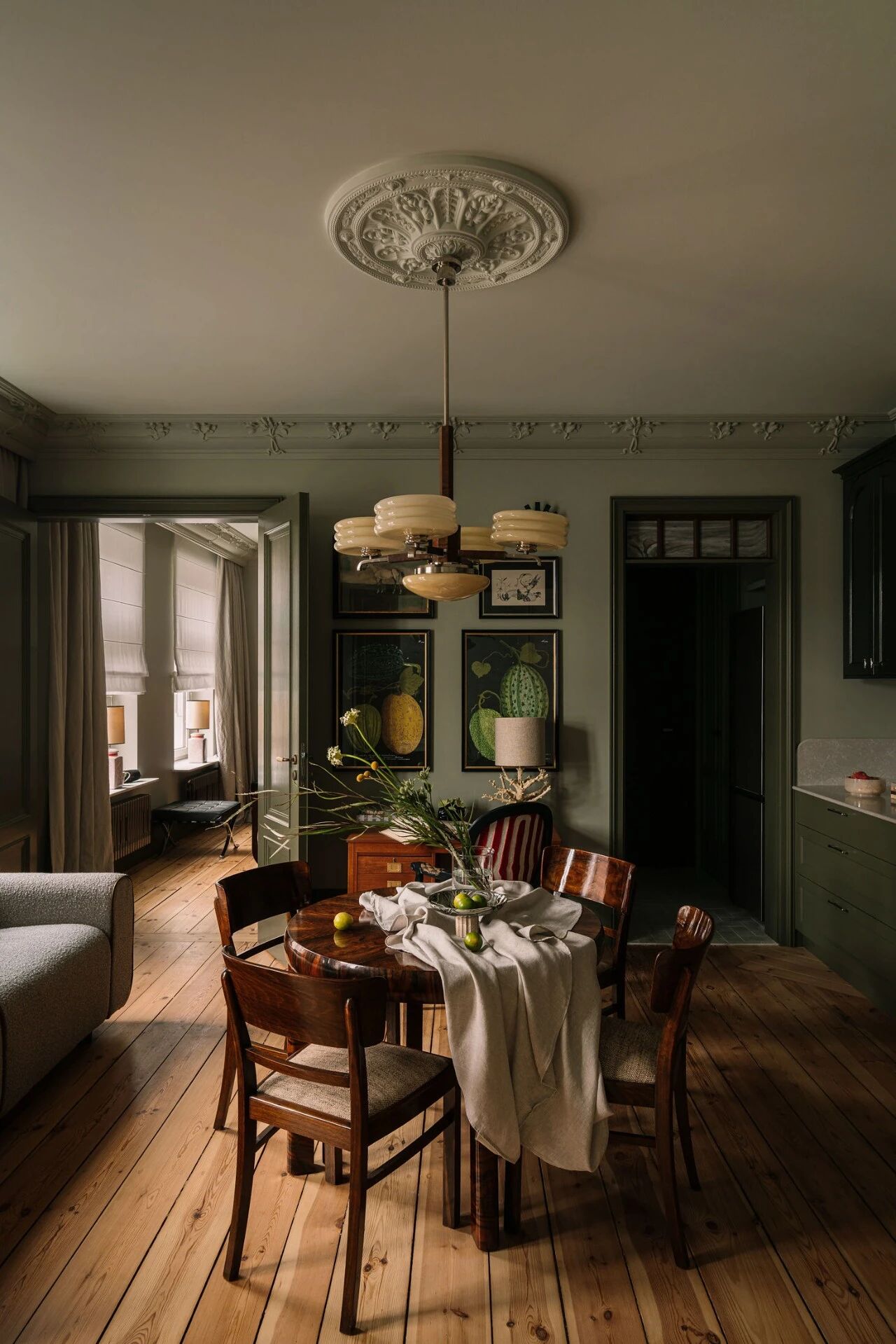Japanese garden: Spiritual refuge designed for contemplation and inner peace
2014-07-02 11:52
If you love traditional Japanese gardens and you want to know more about how to decorate a Japanese garden you have arrived at the right place, because this article will be useful by its information and images. Designed for contemplation and inner peace, a Japanese garden is always a spiritual component based on Buddhist, Shinto and Taoist philosophies. The Japanese garden should be seen as a spiritual refuge, as a representation of the universe and its elements: fire, water, earth and air. These essential elements are represented by the design of the rock garden , water, plants and ornaments. Their selection and arrangement is subject to certain principles that include asymmetry, simplicity, austerity, absence of false, subtlety and symbolism, transcendence and peace. These principles will work together to create balance and expression in the Japanese garden.
如果你喜欢传统的日本花园,你想知道更多关于如何装饰日本花园的知识,你已经到达了正确的地方,因为这篇文章将对它的信息和图像有用。日本园林是为沉思和内心和平而设计的,它始终是以佛教、神道和道家哲学为基础的精神组成部分。日本的花园应该被看作是一个精神避难所,作为宇宙及其元素的代表:火、水、土和空气。这些基本要素体现在设计的岩石花园,水,植物和装饰。他们的选择和安排受某些原则的制约,这些原则包括不对称、简单、紧缩、没有虚假、微妙和象征、超越与和平。这些原则将共同努力,在日本园林中创造平衡和表达。
The alley of the garden, named “Roji” in Japanese, is not only a functional item but a philosophical path which, as you progress , you will find peace and you will delimit the hectic world outside. The places where the alley turns, in a direction or another, there are attraction points that prompt you to stop and at a symbolic level they represent, the decisive periods of life. The chosen materials for the pavement are natural and simple, inclusively the natural stone and pebbles. In general, the stones form the support structure of the garden and should be regarded as they represent the eternity, as though they have always occupied the place where they are. The alleys and terraces present in a Japanese garden have the edges “soaked” by the usage of the curved lines which highlight the free and organic shape.
花园的小巷,在日语中被称为“罗吉”,不仅是一种功能性的东西,而且是一条哲学的道路,随着你的进步,你会找到平静,你会划出外面繁忙的世界。小巷在某个方向或另一个方向转弯的地方,有一些吸引点会促使你停下来,在它们所代表的象征性水平上,生命的决定性时期。所选择的路面材料是天然的,简单的,包括天然的石头和鹅卵石。一般来说,石头构成了花园的支撑结构,应该被看作是永恒的象征,就像它们一直占据着它们所处的位置一样。日本花园中的小巷和梯田有边缘“浸透”,利用弯曲的线条,突出自由和有机的形状。
In general, the selected plants for the garden are from evergreen varieties in different shapes, sizes and textures. The traditional bonsai enchant you in these gardens, through their variety, shapes and colors. The aim of such gardens is to exhibit a wide range of flowers, Japanese like gardens rather in austere conditions, with more bare trees, sometimes cutting the shrubbery so as to make fewer flowers. The functional and decorative items of bamboo and stone, such as fences, gates, stone lanterns and pagodas (temples decorative) are highlighted by a gorgeous palette of shades of green. The water may be present in pools of stone, flow through bamboo tubes in waterfalls or koi ponds. Bridges shaped as bow or zigzag cross the gold fish ponds. The Japanese tradition says that the zigzag bridge is useful to ward off evil spirits. Tradition says that these spirits move in a straight line so a bridge or a zigzag platform will put them in difficulty.
一般来说,为花园选择的植物是从常绿品种,以不同的形状,大小和纹理。传统的盆景使你在这些花园中着迷,通过它们的多样性、形状和颜色。这样的花园的目的是展示各种各样的花,日本人喜欢的花园,相当艰苦的条件,有更多的裸露树木,有时砍伐灌木丛,以使更少的花。竹子和石头的功能性和装饰性物品,如栅栏、大门、石灯和宝塔(庙宇装饰),都是由绚丽的绿色色调突出显示的。水可能存在于石池中,流经瀑布或锦鲤池中的竹管。形为弓形或锯齿形的桥梁穿过金鱼塘。日本的传统说,锯齿状的桥是有用的,以抵御邪恶的幽灵。传统上说,这些灵魂以一条直线移动,所以一座桥或曲折的平台将使他们陷入困境。
Items that give a special note to the landscape are full of symbols. For example, an island in the middle of a koi pond or a river represents “the island of eternal life,” or Nirvana – full peace. A turtle-shaped stone is the symbol of longevity and a tree symbolizes flourishing life. The Japanese Garden is mysterious and intimate,a suitable space for meditation after an exhausting day, that can do wonders for your spirit. Each garden preserves the individuality of the one who created it. To realize a garden you do not necessarily need professional help; if you have enough time and imagination, you can do something like this. What matters at a Japanese garden is the simplicity, that’s why the arrangement does not require a big budget.
给景观一个特别注意的项目充满了符号。例如,一座位于锦鲤池塘或河流中央的岛屿代表着“永生之岛”,或者说涅槃-完全和平。海龟形的石头是长寿的象征,树象征着繁荣昌盛的生命.日本花园是一个神秘而亲密的地方,在精疲力竭的一天之后,一个适合冥想的空间,可以为你的精神创造奇迹。每个花园都保留了创造它的人的个性。要实现一个花园,你不一定需要专业的帮助;如果你有足够的时间和想象力,你可以这样做。在日本的花园里,最重要的是简单,这就是为什么这种安排不需要很大的预算。
 举报
举报
别默默的看了,快登录帮我评论一下吧!:)
注册
登录
更多评论
相关文章
-

描边风设计中,最容易犯的8种问题分析
2018年走过了四分之一,LOGO设计趋势也清晰了LOGO设计
-

描边风设计中,最容易犯的8种问题分析
2018年走过了四分之一,LOGO设计趋势也清晰了LOGO设计
-

描边风设计中,最容易犯的8种问题分析
2018年走过了四分之一,LOGO设计趋势也清晰了LOGO设计




































